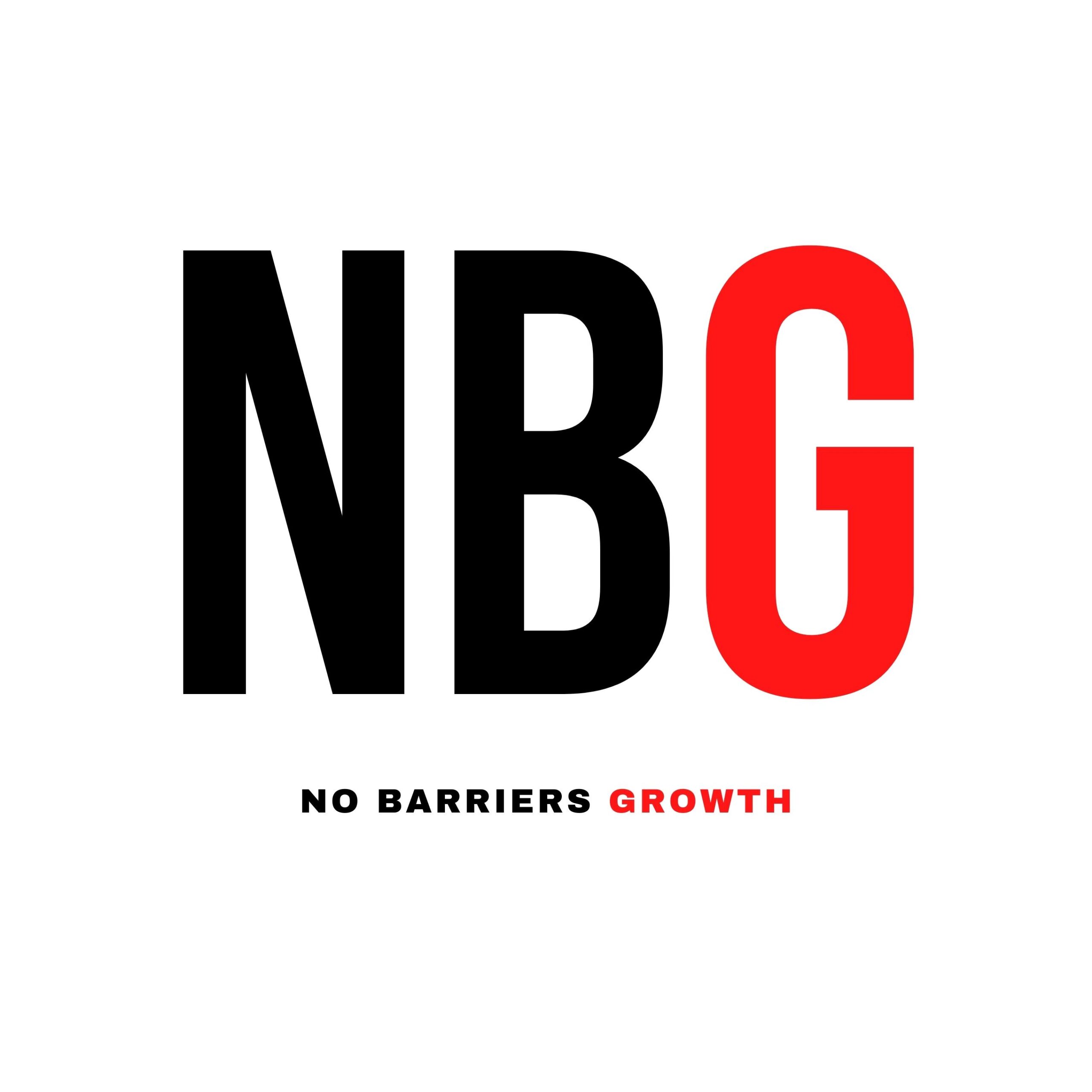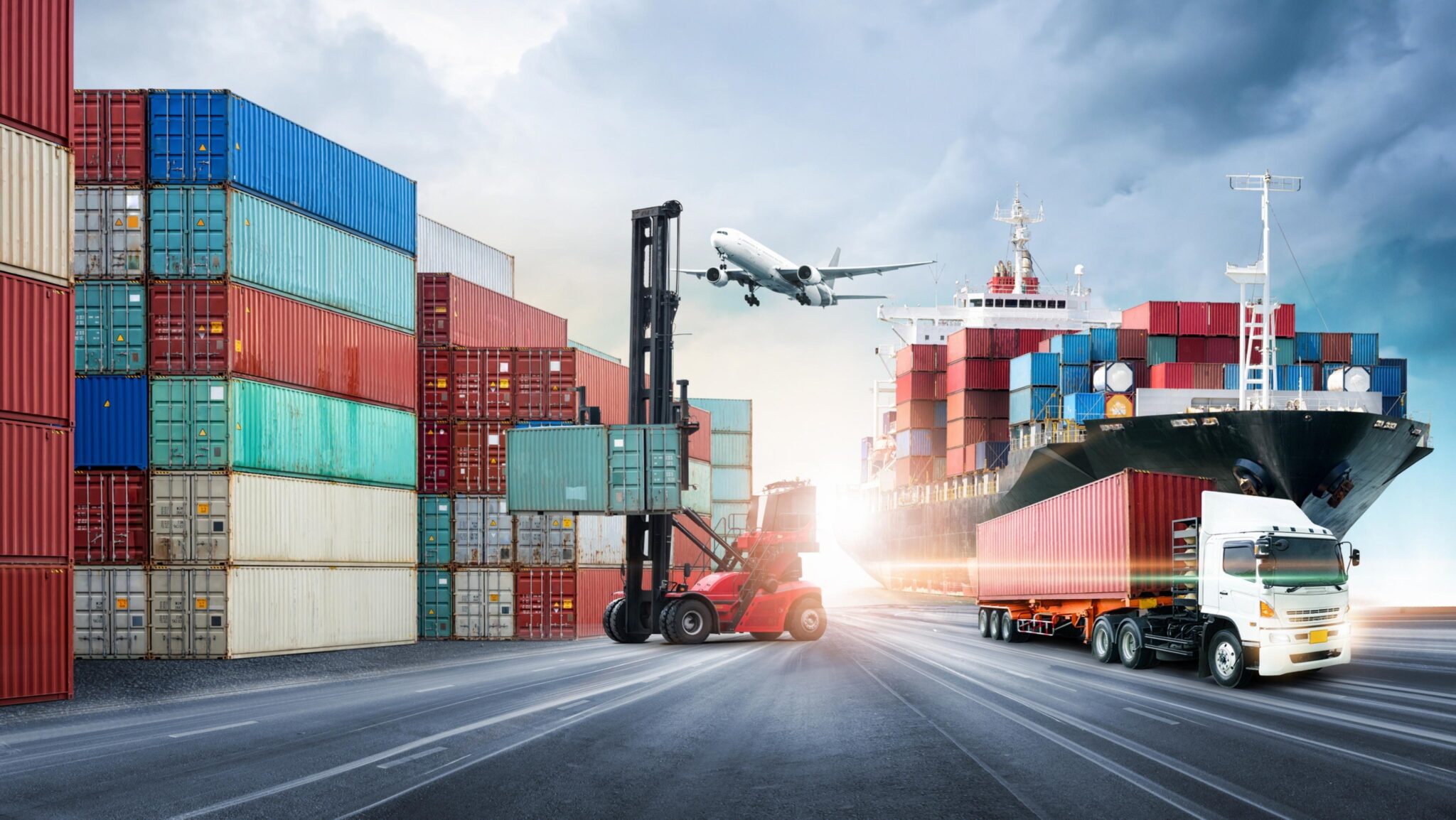Exporting goods from Turkey can be a challenging experience for first-time buyers, particularly for those unfamiliar with wholesale purchasing and unsure of how to begin or which shipping companies to choose. We are here to streamline this process for you, ensuring it is as straightforward as possible. Please take a moment to jot down some important information.
You will need a cargo company before you can even start sourcing from Turkey..
This isn’t Alibaba, where vendors will happily recommend or use their own cargo companies to send inventory to you. Most wholesalers will request your cargo information to forward your goods. Some may even request this information before providing you with their communication links, serving as a method for vendors to assess and verify trustworthy buyers. It is advisable to establish a relationship with a shipping company prior to sourcing products. While a minority of wholesalers might suggest certain shipping companies, it is important to note that they are not necessarily experts in identifying the most suitable options for your specific country. For instance, a shipping company that specializes in routes to African nations such as Kenya, Nigeria, and Ghana may lack the expertise needed for shipments to Europe. Engaging with random shipping companies in Turkey without thorough research and price comparison is not advisable.
Each shipping option presents its own advantages and disadvantages. Some may not have English-speaking staff, others might impose exorbitant fees, and many have specific shipping requirements. While I could elaborate extensively on the process of exporting goods from Turkey, I will reserve that discussion for another occasion. Fortunately, I can recommend a reliable option to get you started: Fesmina Cargo, located in Laleli, which offers worldwide shipping at very competitive rates.

Five Types Of Shipping Options
There are various methods available for exporting goods from Turkey, including air freight, road freight, sea freight, and rail freight. However, it is essential to identify which option is most suitable for your supply chain before making a decision.
Airfreight is the most widely utilized method of transportation, as it is the fastest option available, despite its higher cost. Following airfreight, sea freight is the next most common choice, primarily due to its affordability, although it is considerably slower. It is important to consider several factors. For instance, shipping small quantities, such as a 30kg box of wholesale stock, can be more economical with airfreight, as it allows for the avoidance of customs delays and other logistical challenges. Additionally, low-volume parcels are often not accepted by alternative freight methods like road or sea transport. Ocean freight serves as a cost-effective solution for businesses needing to transport large, heavy, or bulky items. As a start-up, your shipping volumes are likely to be minimal. Road freight typically operates on a pallet basis, making it unsuitable for sending just a couple of 28kg boxes. Therefore, airfreight is likely to be your primary mode of transport for exporting goods at this stage, although this may vary depending on your country of operation.
Transporting Goods From Wholesale Suppliers
The procedure for transferring your stock from wholesalers to your cargo is straightforward. You will initiate your order with the wholesaler, provide them with the details of your cargo, and they will arrange for the collection of your stock to be delivered to your cargo’s office. Certain cargo companies utilize their own couriers to retrieve the goods from the vendors and transport them directly to the cargo depot. Conversely, some expect the wholesaler to deliver the items to the cargo facility. It is worth noting that some wholesalers may impose a nominal fee for this service, typically ranging from 30 to 60 lira, equivalent to approximately $4. Ultimately, the specifics depend on the wholesaler and their shipping protocols. There is no assurance that your goods will be collected and delivered to the cargo company on the same day, so it is advisable to allow at least 24 hours for this process.

It is essential to first reach out to the cargo company and establish a professional relationship with them. Inform them of your identity, the destination of your goods, and the wholesalers you are collaborating with. It is advisable to refrain from sharing your cargo details with the wholesalers until you have communicated with the cargo company. Once your goods arrive at the depot, you may then engage with the cargo agent and settle the payment directly. Typically, they will consolidate your items into a brown box, weigh it, and provide you with images of both the weight and the associated costs. Payment can be made via bank transfer, which may take 1 to 3 days, depending on your financial institution, or you may opt for same-day payment through Western Union or MoneyGram.



